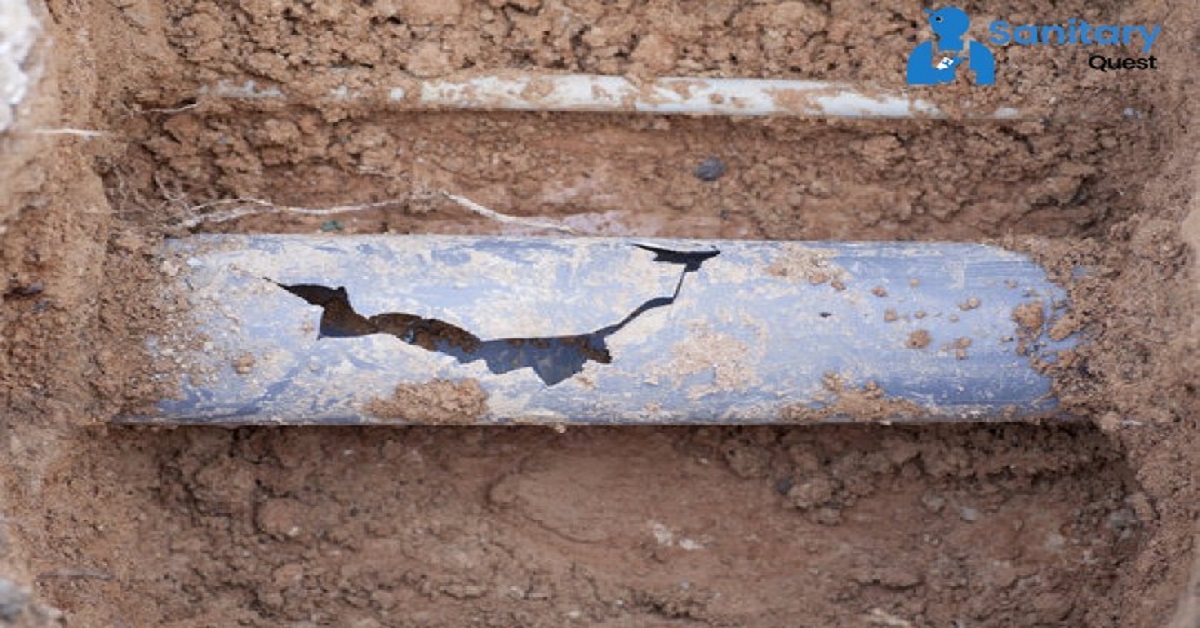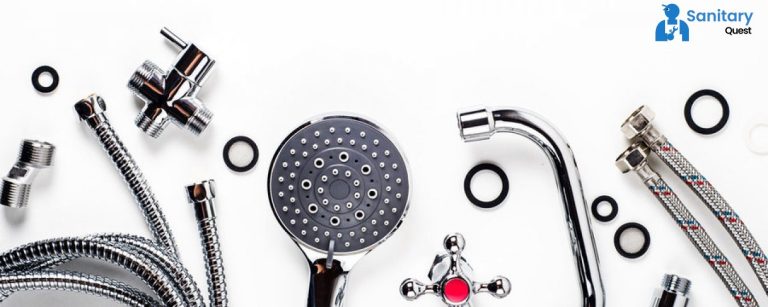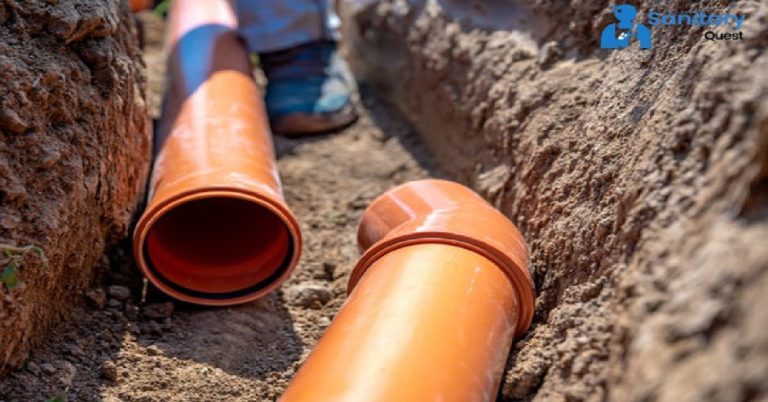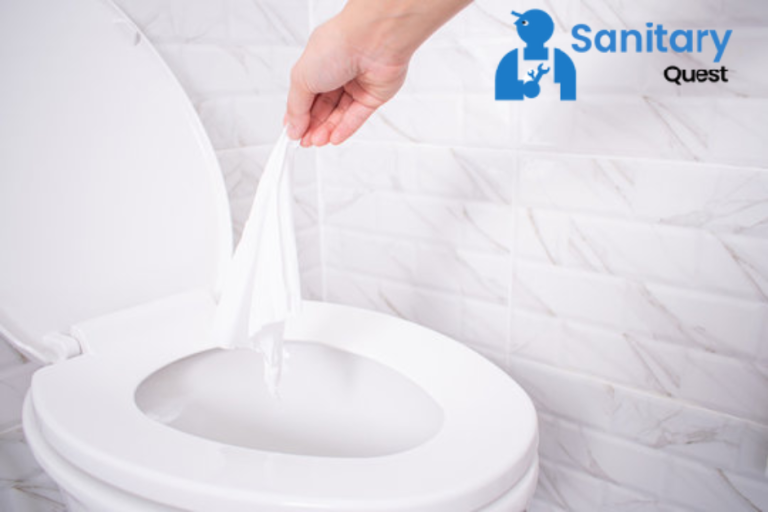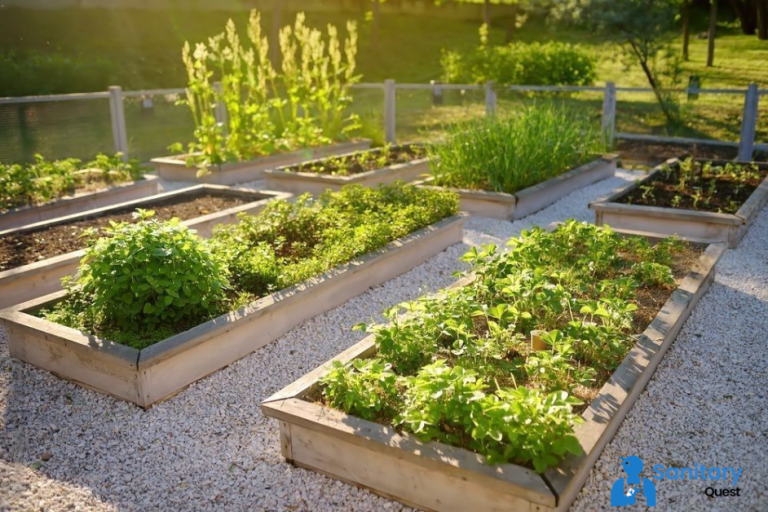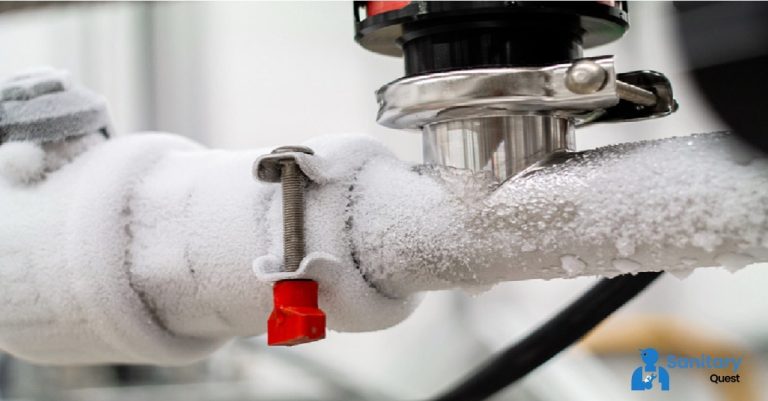5 Steps to Prevent Clogged Drains and Sewer Lines
How often do you think about the plumbing in your house, particularly the prevention of clogged drain lines? Rarely? It makes perfect sense given that we frequently ignore them until there is an issue that has to be fixed. Each of our homes has a clogged drain pipe so that any surplus water or garbage may be taken out and dumped in the sewage system. Every time there is a problem, it has the potential to cause several further problems. A blockage may cause the drains to flow more slowly or perhaps stop functioning completely, which may cause a backlog. The backup might, in any event, be an issue.
Fortunately, there are steps you can take to ensure that the water going through your clogged drains is consistently unobstructed and uncontaminated. The first five of them are listed below.
1. Beware of the Sticky Food
Grease entering a clogged drain commonly leads to clogs and may be very troublesome. Grease that is poured down the drain has the potential to get stuck in the pipes farther along the line and cause issues, even if it does not immediately cause a blockage. The cause of any issue could not be fat that is flushed down the clogged drain. High-fat foods and sauces could exacerbate the issue. Foods with a lot of oil or sauce shouldn’t be washed down the drain, even if your sink has a garbage disposal. Products like butter, salad dressings, meat trimmings, and creamy sauces are not simply covered by this.
2. Avoid letting your hair fall into the sink.
Hair is notoriously difficult to break apart; therefore, it’s likely that a plunger won’t be able to clear clogs in pipes and drains produced by hair. Always use a hair catcher made of fine mesh to keep your drains clean by capturing any stray hairs before they go down the drain. This will prevent hair from clogging the drain.
3. Soap Scum
Soap scum is a major contributor to the growth of plumbing system blockages. If you live somewhere where the water is hard, the hard water will react with the soap to produce soap scum, which is a sticky, adhesive scum. If you don’t live in a place with hard water, the soap won’t react with the water to create soap scum. This issue may be resolved by either purchasing a whole-house water softener or switching to liquid soaps and body washes. A method for purifying water may also cost money. Using liquid soaps instead of bar soap greatly reduces the accumulation of soap scum.
4. Squeeze out the Clogged Drain Lines
You may avoid any possible issues by routinely cleaning your drain lines. Prevention is crucial if we want things to keep going smoothly. You should get a qualified plumber to clean your drain pipes once every 1.5 years to avoid having to pay for further, more expensive repairs down the road.
5. Copsulfateate
Maintaining drains clear of any potential tree roots is essential. It’s critical to keep drains clear of any possible tree roots since they can seriously damage drain pipes. Use a half cup of copper sulfate crystals in one of your toilets once every few months to significantly reduce the possibility of the roots spreading to other areas of your house. Applying copper sulfate to a tree or shrub won’t harm the rest of the plant; it will only harm the roots that are growing into the drain. Utilizing it is entirely risk-free. When sprayed to roots that are advancing into the drain, copper sulfate will only injure those roots.
If you wait until the drain begins to slow down before using copper sulfate, it could be too late to cure the problem. The drain may not have slowed down had copper sulfate been used sooner.
FAQs
Q1: How can we avoid congestion in the sewage system?
To stop clogs in the sewage system, be careful about what you put in the drains. Avoid flushing items like wet wipes, hygiene products, or excessive grease and oil, as they can accumulate and cause blockages. Checking and cleaning drains regularly keeps them clear and stops stuff from building up.
Q2: How do you stop blocked drains?
To prevent blocked drains, use drain covers to catch debris and prevent it from entering the pipes. Also, be cautious about what you pour down the drain; avoid grease, large food particles, and non-flushable items. Regularly flush the drains with hot water and a mixture of baking soda and vinegar to break down any buildup.
Q3: How do you prevent a congested sewer line?
To prevent a congested sewer line, be cautious about what goes down your drains. Avoid disposing of non-flushable items, grease, or large food particles down sinks or toilets. Regularly maintain your sewer system by using drain covers to catch debris and flushing drains with hot water or a mixture of baking soda and vinegar.
Q4: How do you avert sewage issues?
To prevent sewage issues, watch what you put in your drains. Preventing the disposal of non-flushable items, grease, and large food particles down sinks or toilets is crucial. Also, regularly using drain covers and pouring hot water or a mixture of baking soda and vinegar can help stop blockages in your drains.

